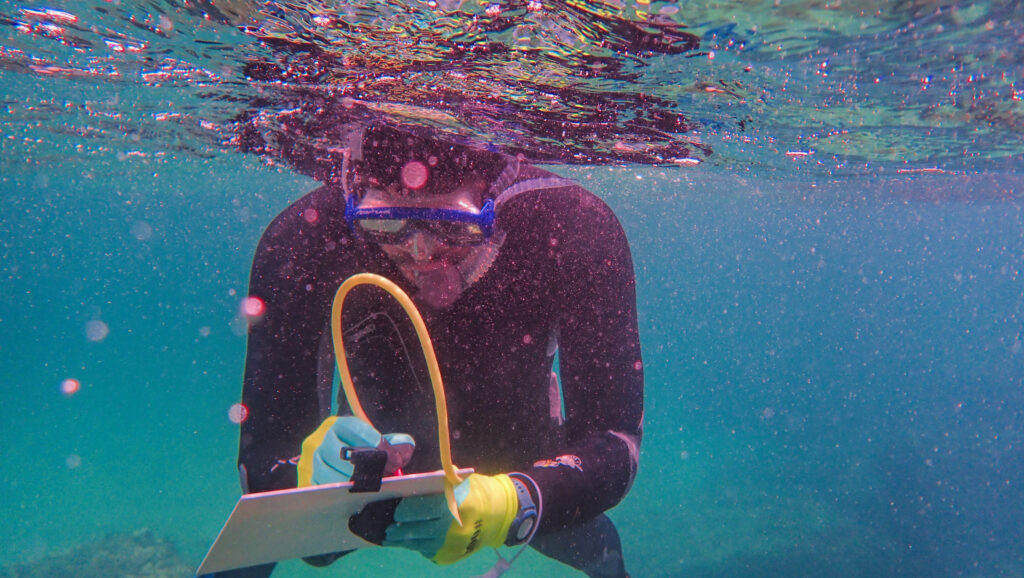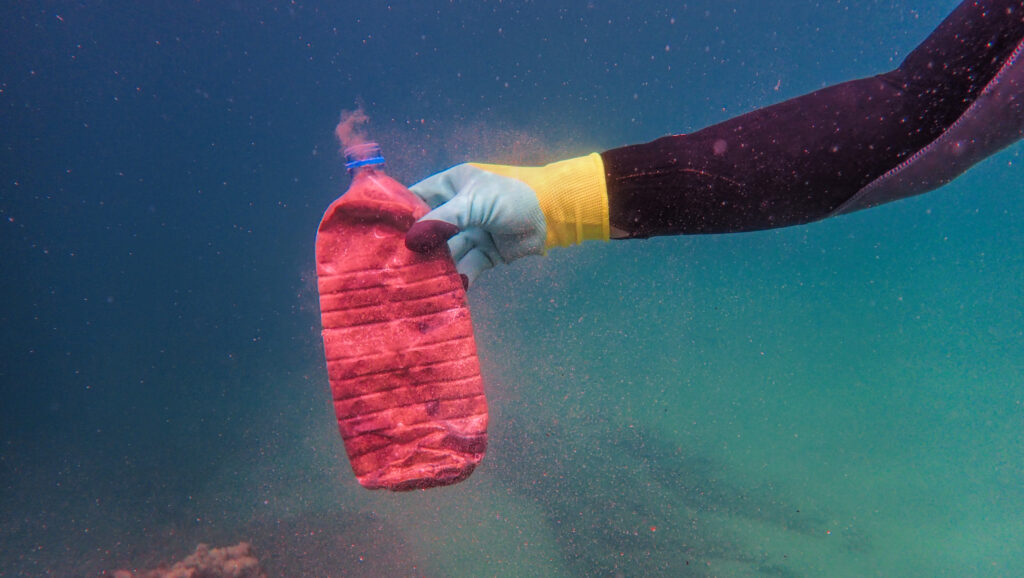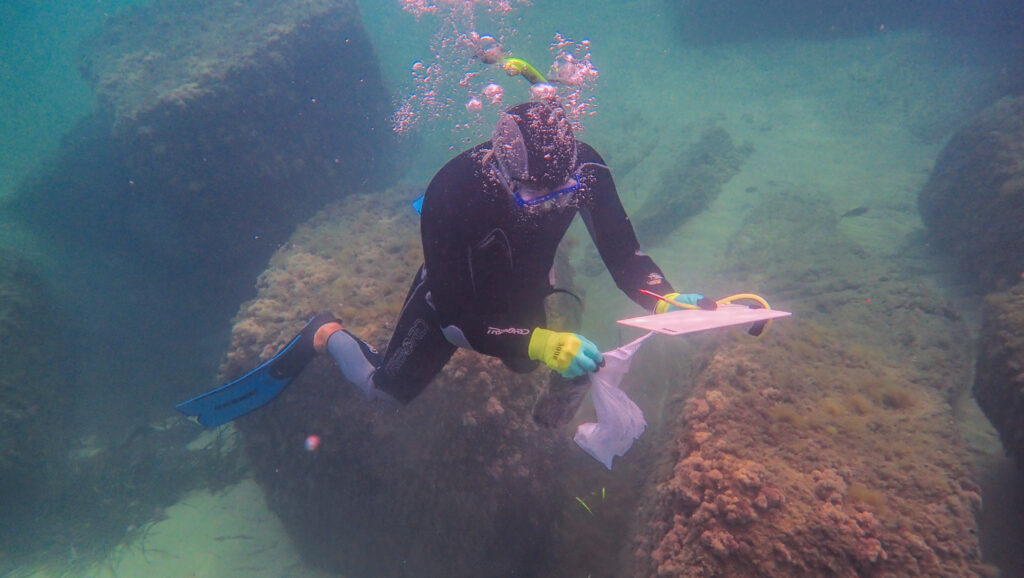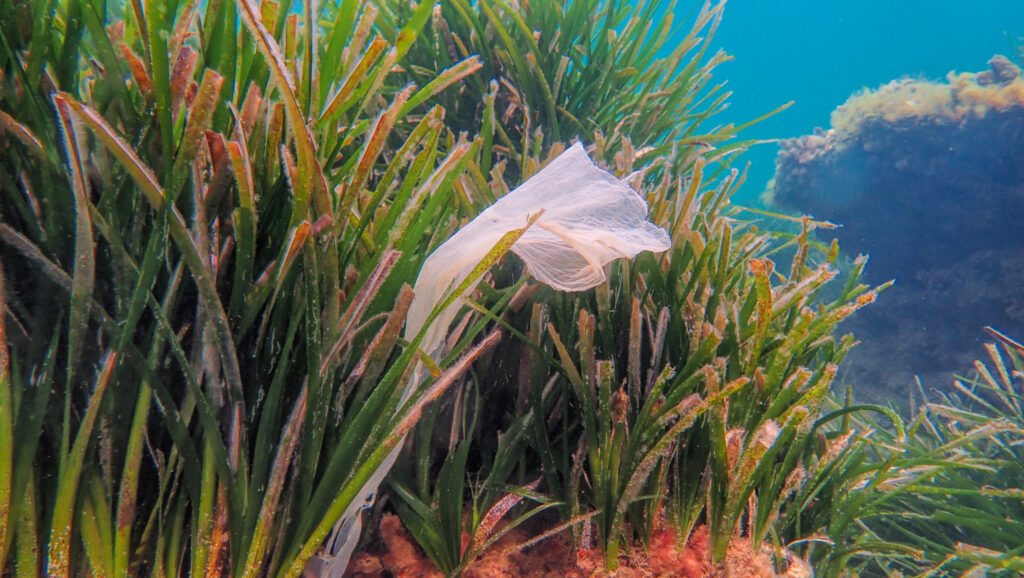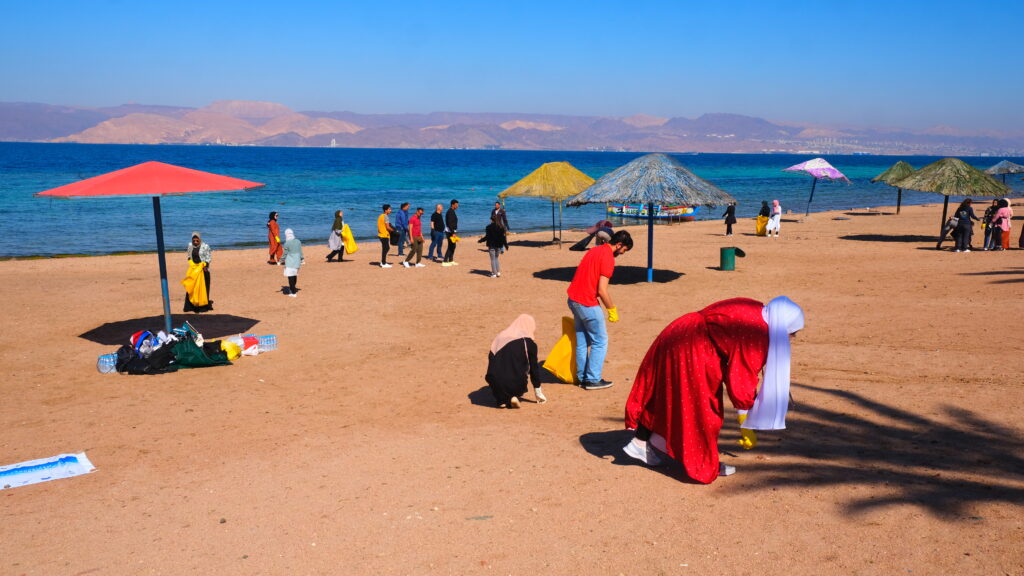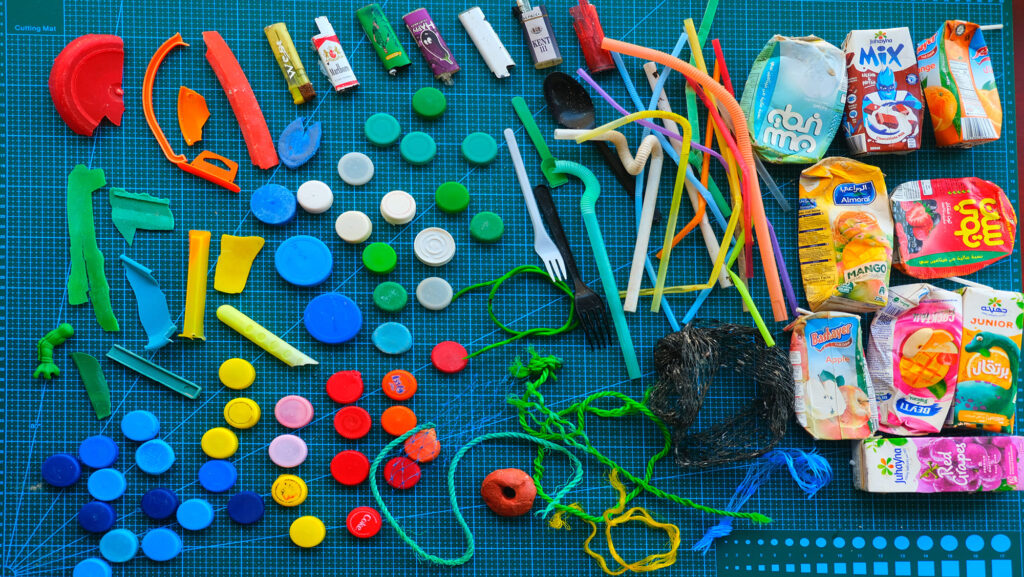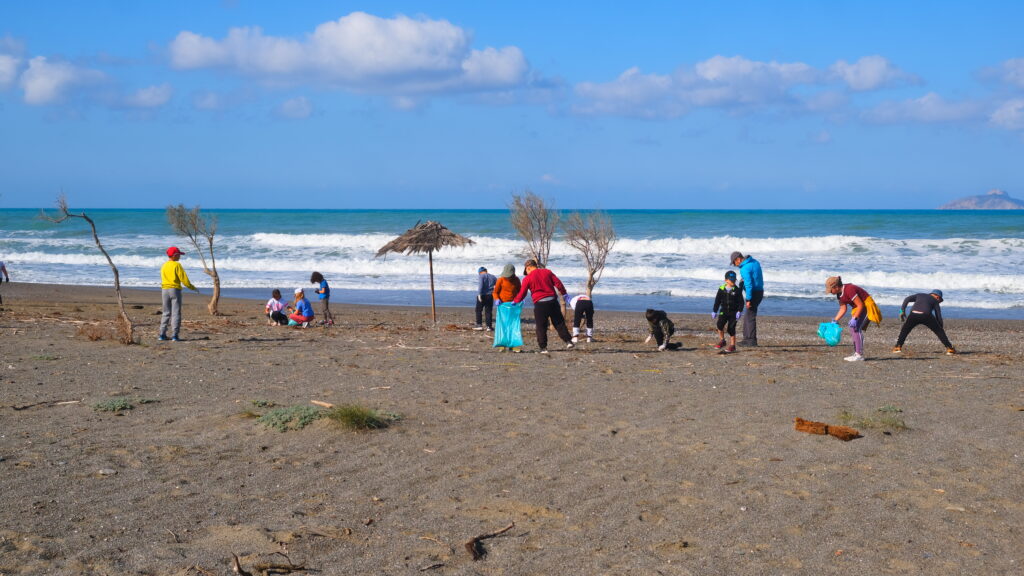The Plastic Busters CAP participatory science campaign, aiming at tackling marine litter in the Mediterranean region, has achieved outstanding results through the collective efforts of numerous organizations. The campaign garnered significant interest from 60 organizations spanning 14 Mediterranean countries, including Albania, Algeria, Croatia, Cyprus, Egypt, France, Greece, Jordan, Italy, Lebanon, Libya, Morocco, Slovenia, and Tunisia. Notably, three organizations from Sri Lanka and Togo also expressed their keenness to participate.
With great enthusiasm, we announce that the campaign successfully concluded with 16 dedicated organizations successfully completing 17 beach litter surveys and 3 seafloor litter surveys. The commendable work of 98 marine litter practitioners provided invaluable data for Algeria, Croatia, Cyprus, France, Greece, Italy, Jordan, Slovenia, and Tunisia.
- Photo©Hedi Chouchen/TUNSEA
- Photo©Hedi Chouchen/TUNSEA
- Photo©Hedi Chouchen/TUNSEA
- Photo©Sahbi Dorai/TUNSEA
The organizations that played a pivotal role in this significant endeavor include:
- AQUAMAR (Algeria)
- IOF (Croatia)
- SUNCE (Croatia)
- UNIVERSITY OF DUBRONVIK (Croatia)
- AKTI (Cyprus)
- SEAQUARIUM (France)
- RESEACLONS (France)
- MIO-ECSDE (Greece)
- LOCAL MANAGEMENT COMMITTEE OF ASTEROUSIA (Greece)
- LEGAMBIENTE (Italy)
- MANAGEMENT BODY OF DEBELI RTIČ LANDSCAPE PARK (Slovenia)
- MANAGEMENT BODY OF STRUNJAN LANDSCAPE PART (Slovenia)
- INSTITUTE OF WATER OF THE REPUBLIC OF SLOVENIA (Slovenia)
- GZD (Tunisia)
- TUNSEA (Tunisia)
- OCEANIS (Tunisia)
Their unwavering commitment and active participation have been crucial to the success of this campaign, contributing significantly to the fight against marine litter in the Mediterranean region.
Among the findings, the highest recorded litter density reached an alarming 1,270 items per 100-meter stretch, while even the lowest recorded density stood at 45 items per 100-meter stretch. The average beach litter density was calculated to be a concerning 387 items per 100-meter stretch, which is a staggering 19 times higher than the European threshold value for beach litter. The average litter density recorded on the seafloor was 6 items per 100 square meters, with the highest value reaching 12 items per 100 square meters and the lowest value being two items per 100 square meters.

Map with the surveyed sites
The Plastic Busters CAP campaign serves as a model for collaborative efforts in addressing marine litter pollution, fostering cross-border partnerships, and promoting the sustainable management of marine ecosystems. By engaging a diverse range of stakeholders, including research institutions, environmental organizations, and passionate individuals, the campaign has generated valuable insights into the marine litter threat across the Mediterranean.
The collected data from the beach and seafloor litter surveys will form an essential part of the Plastic Busters CAP report assessment report, which will shed light on the pressing issue of marine litter in the participating countries. This knowledge will aid in developing evidence-based strategies and policies to mitigate the adverse effects of marine pollution on marine life, coastal communities, and ecosystems.
Thomais Vlachogianni, Policy/Programme Officer at MIO-ECSDE and Campaign Coordinator said: “We extend our deepest appreciation to all participating organizations, practitioners, and individuals for their dedication, professionalism, and commitment to this cause. Their collective efforts have demonstrated the power of collaboration in making a meaningful impact the results obtained demonstrate how community-based research can deliver the participatory science we need for the ocean future we want, within the context of the UN Ocean Science Decade”.
Read in French here
